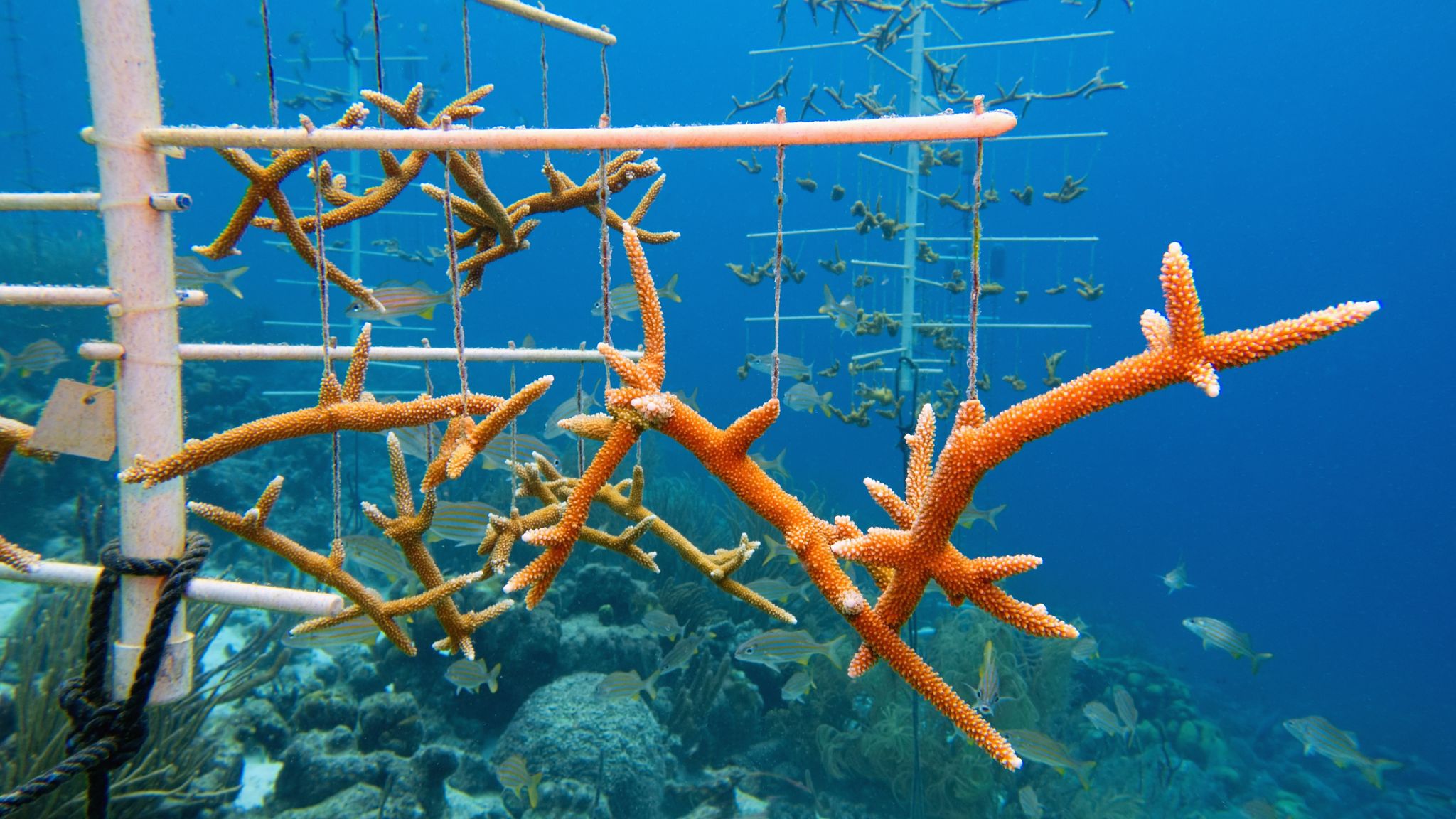Preserving Marine Biodiversity: Success Stories from Coastal Watch Ghana
Introduction to Coastal Watch Ghana
In the ongoing battle to preserve marine biodiversity, Coastal Watch Ghana stands out as a beacon of hope and innovation. This dedicated organization has been actively involved in safeguarding the rich and diverse marine life along Ghana's coastline, bringing together local communities, stakeholders, and environmental enthusiasts to create impactful change.
Through a combination of traditional knowledge and modern conservation techniques, Coastal Watch Ghana has successfully implemented projects that not only protect marine ecosystems but also empower local communities. These efforts have resulted in significant strides towards sustainable marine biodiversity conservation.

Community Engagement and Education
One of Coastal Watch Ghana's most successful strategies has been its focus on community engagement and education. By involving local communities in conservation efforts, the organization ensures that those who rely most on marine resources are equipped with the knowledge and tools needed to protect them.
Educational workshops and training programs are regularly conducted to raise awareness about the importance of marine biodiversity. These initiatives emphasize the benefits of sustainable practices, encouraging community members to become active participants in conservation efforts.

Empowering Women in Conservation
Another noteworthy success story from Coastal Watch Ghana is its effort to empower women in conservation. By providing women with leadership roles and training opportunities, the organization has fostered greater gender equality and promoted a more inclusive approach to marine protection.
This empowerment has led to increased community participation and has helped shift cultural perceptions about the roles women can play in environmental conservation.
Innovative Conservation Techniques
Coastal Watch Ghana has also been at the forefront of introducing innovative conservation techniques. By implementing methods such as artificial reefs and mangrove restoration, they have successfully boosted marine biodiversity in affected areas.
These techniques not only enhance the habitats of various marine species but also help mitigate the effects of climate change, further preserving the delicate balance of these ecosystems.

Collaborations and Partnerships
Partnerships have played a crucial role in Coastal Watch Ghana's success. By collaborating with international organizations, government agencies, and research institutions, they have been able to leverage additional resources and expertise.
This collaborative approach has enabled them to undertake large-scale projects that have a lasting impact on marine biodiversity conservation in Ghana.

Challenges and Future Prospects
Despite their successes, Coastal Watch Ghana continues to face challenges such as climate change, pollution, and illegal fishing practices. However, the organization's proactive approach and commitment to adaptive management ensure they remain resilient in the face of these challenges.
Looking ahead, Coastal Watch Ghana plans to expand its initiatives and further integrate technology into its conservation efforts. By doing so, they aim to enhance monitoring capabilities and improve data-driven decision-making processes.
Conclusion
The success stories from Coastal Watch Ghana serve as inspiring examples of how dedicated efforts can lead to significant positive outcomes for marine biodiversity conservation. Through community involvement, innovative techniques, and strategic partnerships, they continue to pave the way for a healthier and more sustainable future for Ghana's coastal ecosystems.
Their work not only benefits marine life but also uplifts entire communities, proving that preserving our planet's biodiversity is a collective effort worth pursuing.